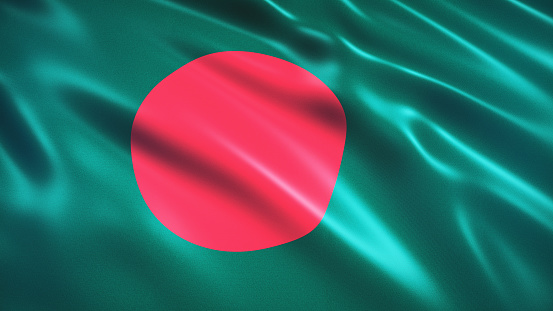
Bangladesh
Muhammad Faruk Khan, MP
Honourable Chairman of the Parliamentary Standing Committee on Foreign Affairs, Bangladesh
Since independence, the EU has been our friend and partner in our journey towards development
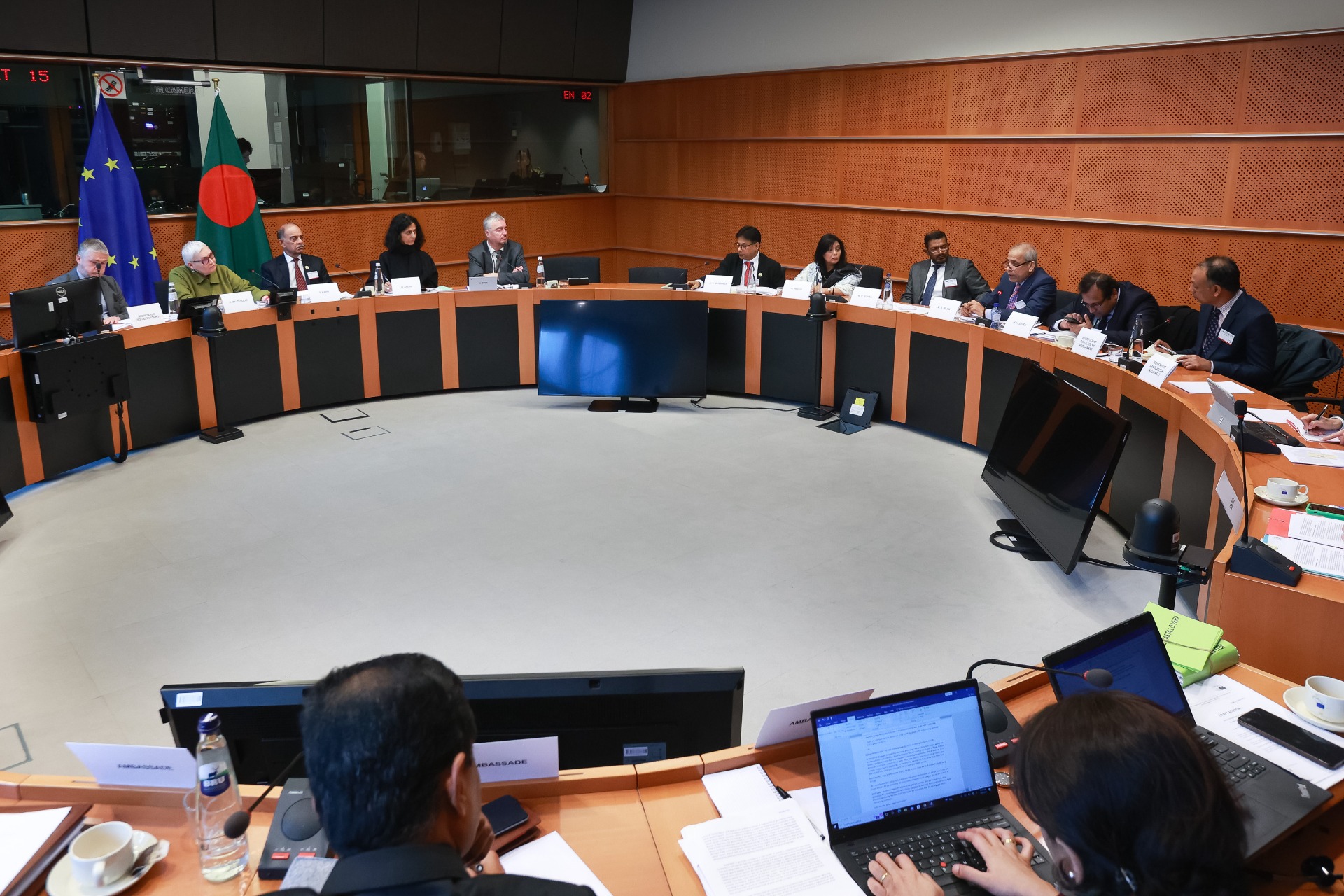
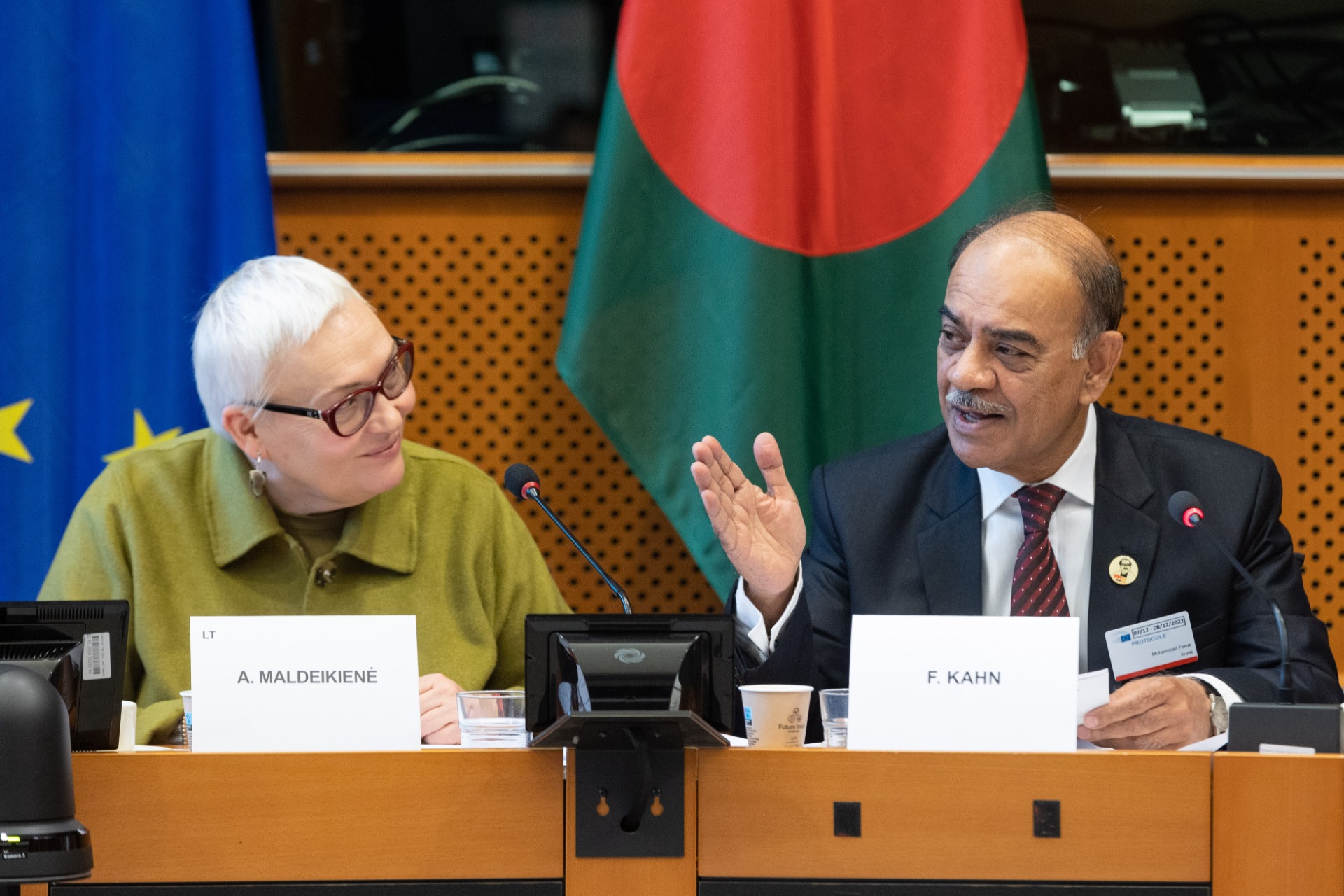
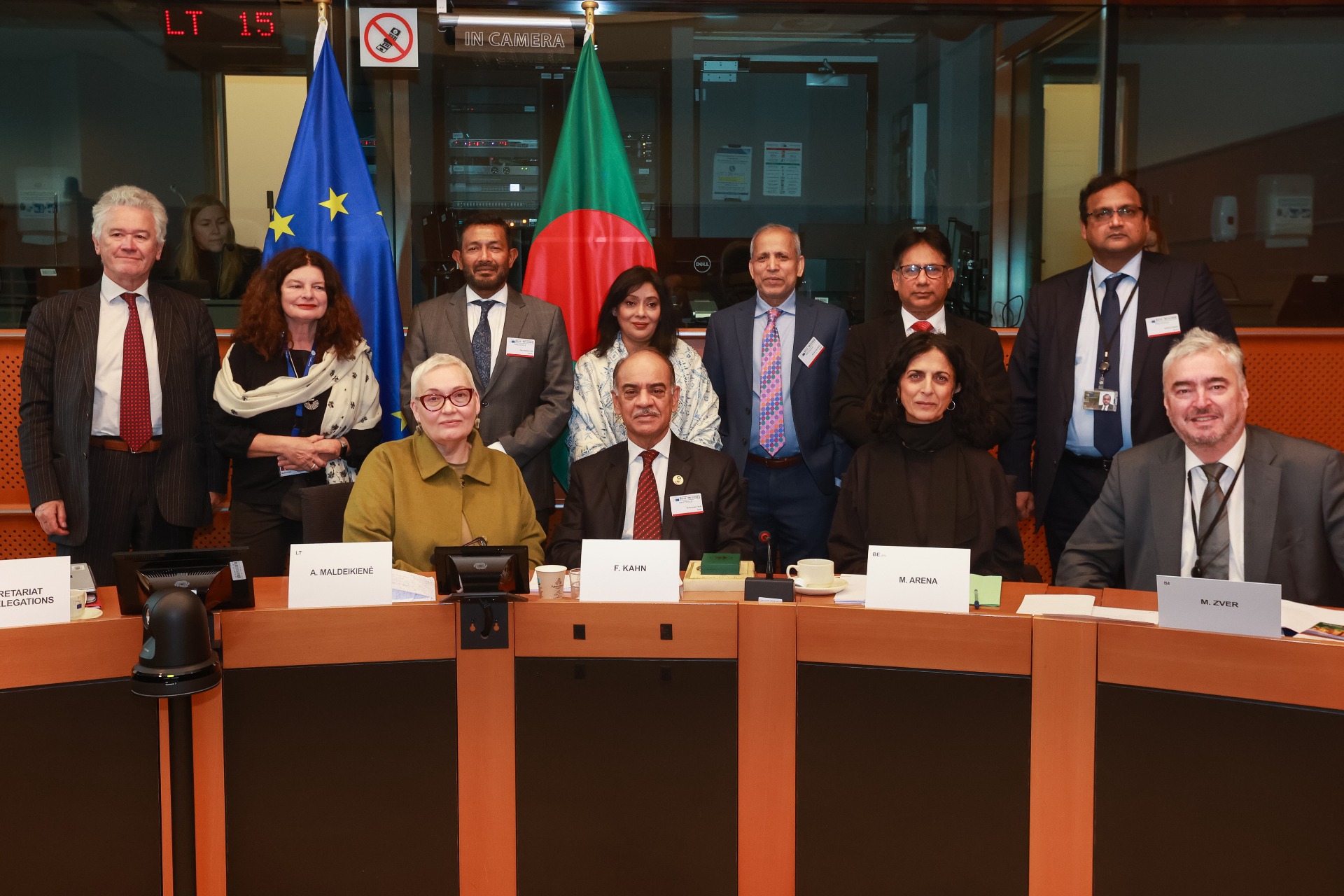
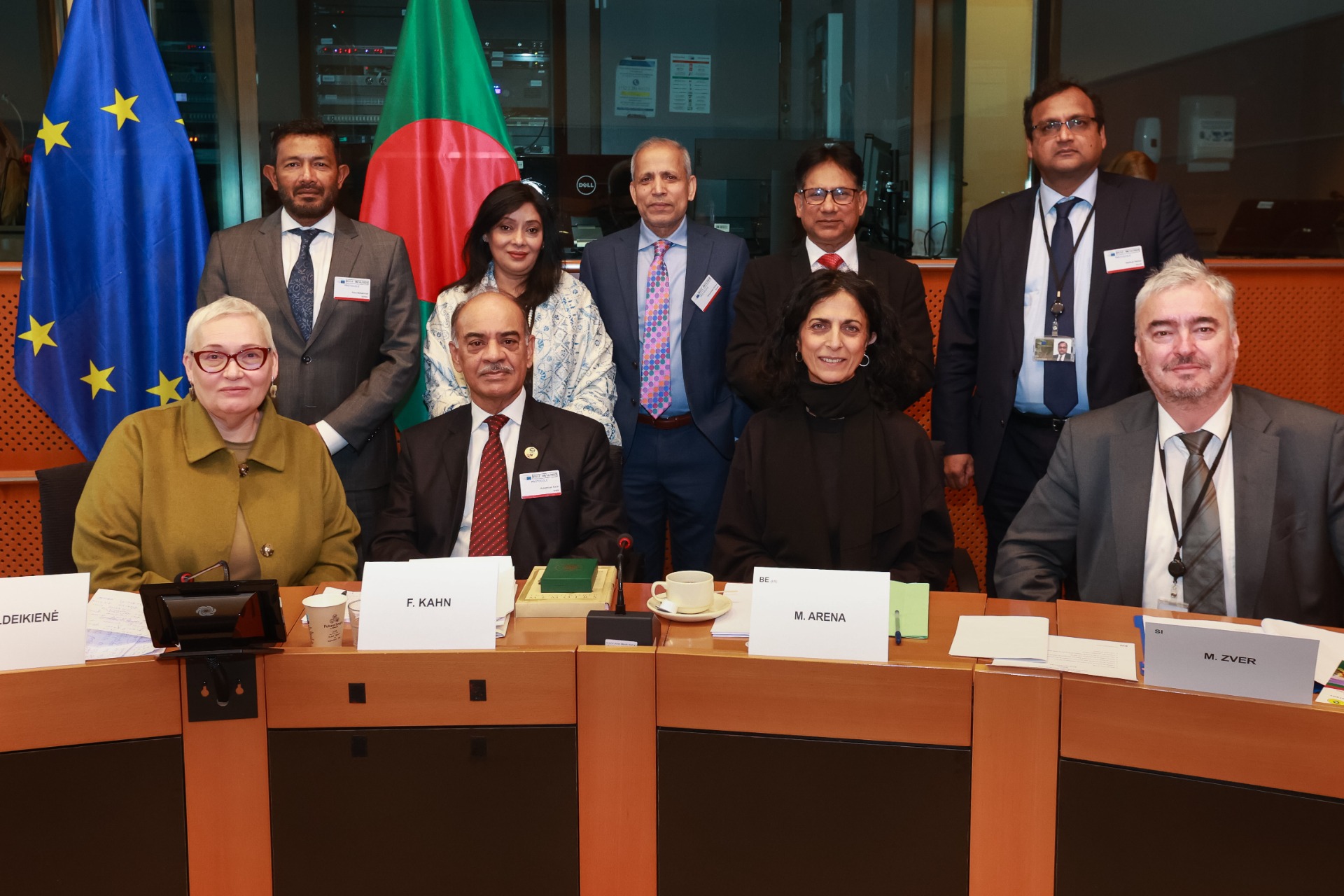
Photo Courtesy of European Pariament
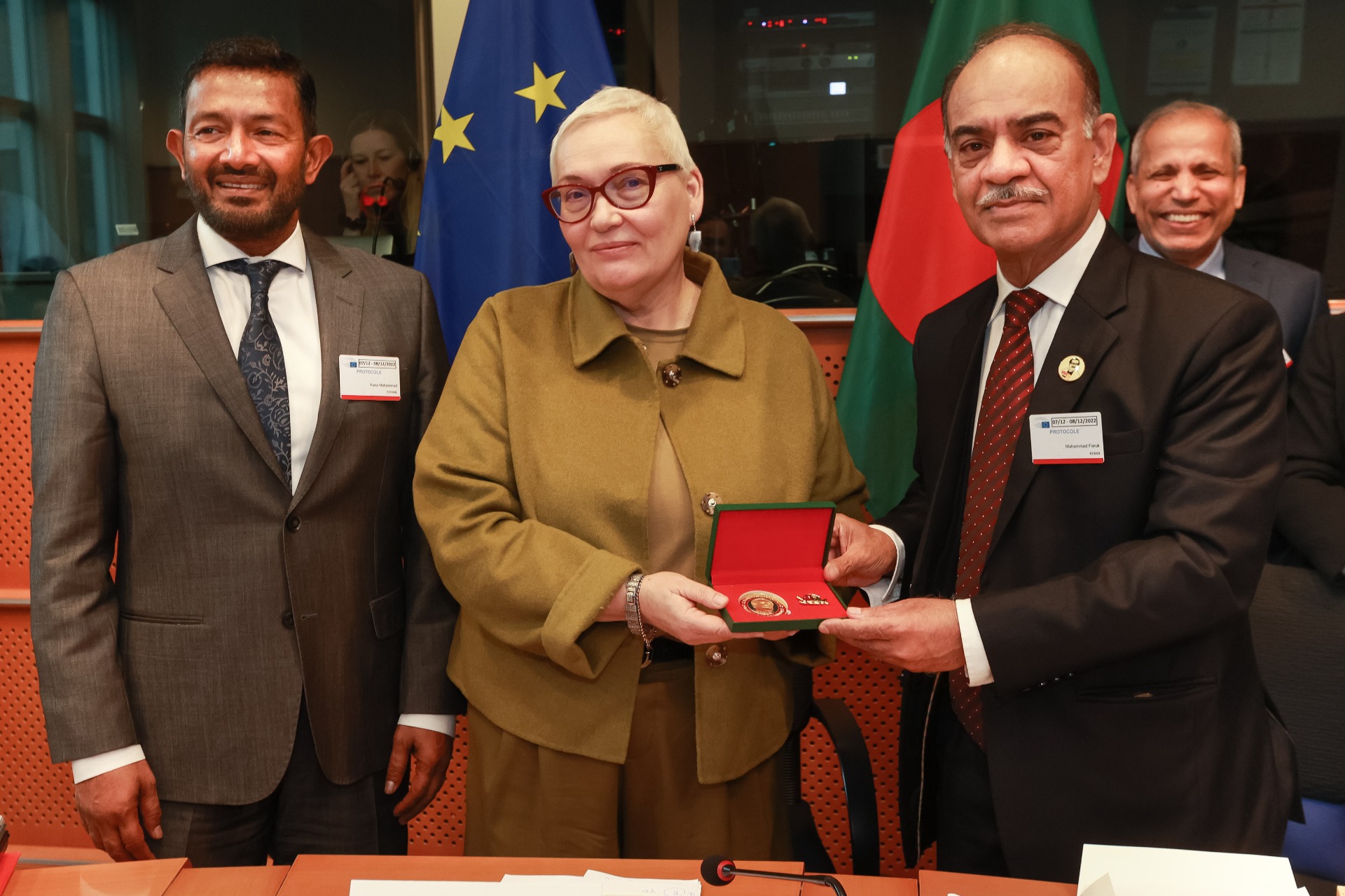
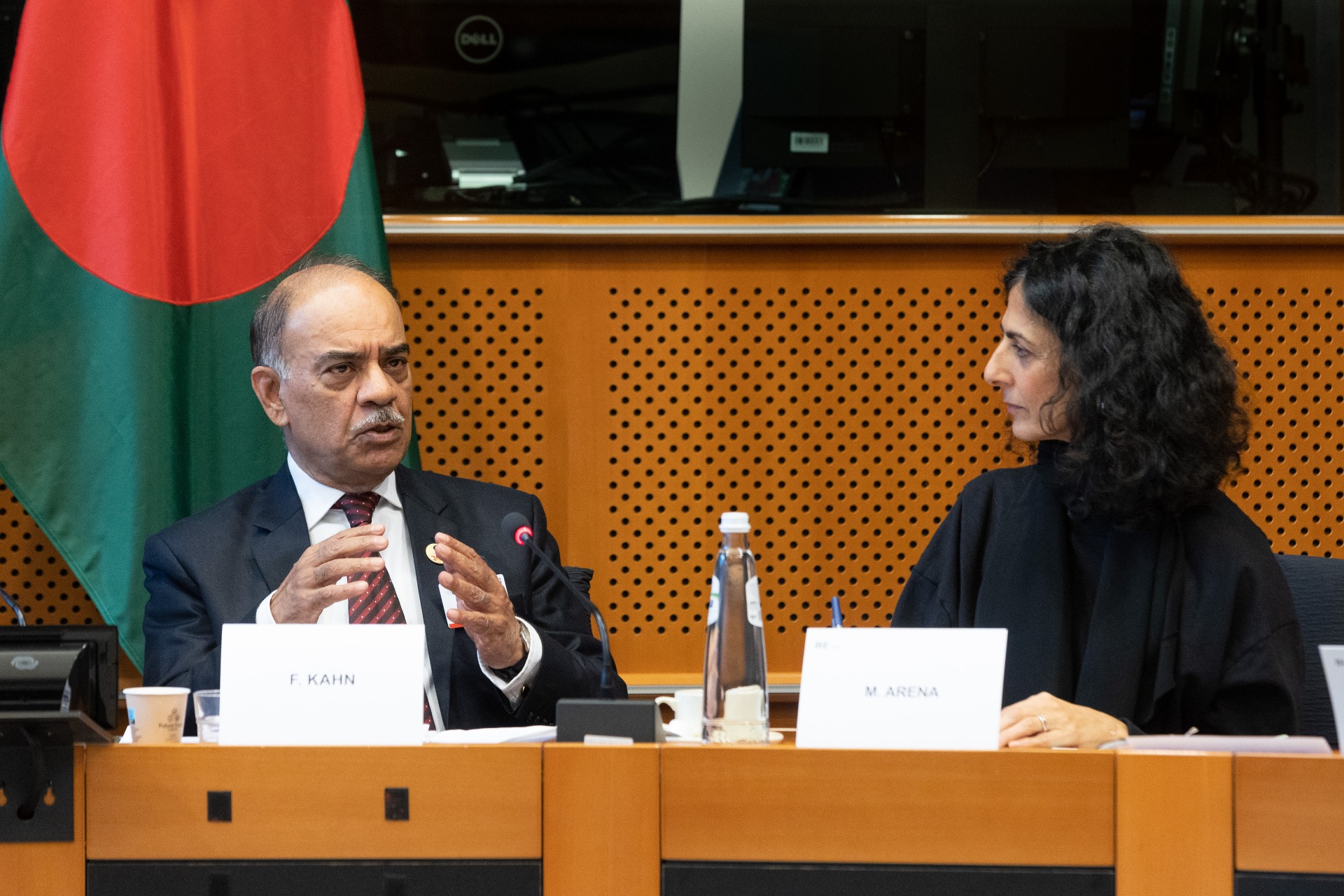
Brussels, 7 - 8th December 2022 - Mr. Muhammad Faruk Khan, MP, Honourable Chairman of the Parliamentary Standing Committee on Foreign Affairs of Bangladesh, participated in the 8th Inter-parliamentary meeting between the European Parliament and the Parliament of Bangladesh. Parliamentarians from both sides examined the latest developments in the state of relations between the European Union and Bangladesh, including human rights, trade, and the current geo-strategic situation. Diplomatic World sat down with Mr. Faruk Khan during his visit to Brussels to discuss matters of mutual interest and importance in Bangladesh-EU relations.
Bangladesh and the European Union have been partners for a long time. Immediately after the independence of Bangladesh in 1971, the EU was one of the first entities to recognise Bangladesh. In 2023, we are celebrating the 50th anniversary of the Bangladesh-EU partnership.
Since then, the EU has been our friend and partner in our journey towards development. In 1971, when Bangladesh acquired independence, Henry Kissinger, who at the time was the United States Secretary of State, made a remark stating that Bangladesh was an "international basket case". And today, after 50 years, we can proudly say that his prediction was wrong, we have not become an international basket case. In half a century, we are completing the journey from Least Developed Country (LDC) to middle-income country. This has been possible because of friends like the European Union. We concluded a cooperation agreement with the EU in 2001 and in 2010 we became beneficiaries of the Everything But Arms (EBA) preferential trade scheme, of which Bangladesh has been the largest beneficiary. With EBA, we could export all products duty-free, quota-free to the EU market, bar arms and ammunition. Currently, around half of our total exports go to the EU market.
We feel that, right now, since Bangladesh is graduating from LDC, a number of facilities will decrease, but we hope to enjoy continued trade preferences under the EU's new Generalised Scheme of Preferences (GSP) beyond 2029 in order to make our upcoming LDC graduation smooth and sustainable.
It is with this backdrop that we had the 8th round of consultations at the European Parliament, the first ever to take place in Brussels.
I can say that we understand each other very well, but this is not to say that there are no challenges. Certainly, there are, just like in any other relation. But through discussions we have had with a number of Members of the European Parliament, and at a number of committees, we listen to each other and deal with them. There are areas we need to improve ourselves in Bangladesh, and we are committed to improving them.
Bangladesh is a democratic country, and as such we deeply value the issue of continually improving labour rights. What we sense sometimes is that many of the very high standards which are in place in Europe, cannot be immediately applied in Bangladesh. This requires time.
The European Union (EU) and Bangladesh held their first political dialogue in November. What do you see as the main areas of cooperation between the two sides in terms of foreign and security policy?
Background: Bangladesh and the European Union (EU) held their first Political Dialogue on 24 November 2022 in Dhaka. The launching of the Dialogue marks a widening of cooperation between the two sides into strategic and thematic areas of mutual interest and is a landmark in Bangladesh-EU partnership which will complete 50 years in 2023. In view of the increasing importance of EU-Bangladesh relations, including in the international domain, the EU proposed to initiate discussions towards concluding a Partnership Cooperation Agreement (PCA) with Bangladesh, which will give Bangladesh-EU relations a new legal foundation, which is more comprehensive and up-to-date and will respond better to current and evolving challenges, beyond the current priority areas of trade, migration, governance, humanitarian action and development cooperation.
I see the recently-held political dialogue as ushering in a very important and necessary dimension to our cooperation. Since long, both sides have been engaging through the existing mechanisms of Joint Commissions and Diplomatic Consultations, which are complemented by regular high-level visits. However, with our partnership having deepened and matured over the years, it is important that the engagement is elevated to a political and more strategic level. From this perspective, the launching of the Political Dialogue will be crucial in moving the Bangladesh-EU partnership forward.
How does Bangladesh understand the EU's Indo-Pacific Strategy, and what role does it see for itself?
Bangladesh is playing a central role in Asia. And while Bangladesh is not yet a member of the Quad (the Indo-Pacific Quadrilateral Dialogue, commonly known as the Quad is a multilateral dialogue between Australia, India, Japan and the United States), but we would like to see an open, inclusive, peaceful Indo-Pacific region with shared prosperity for all.
At the first political dialogue, Bangladesh stated its aspiration to become a regional connectivity hub and, in this regard, invited the EU to actively engage with Bangladesh including under its Global Gateway initiative. Bangladesh signalled its readiness to engage with the EU on digital security and data protection, and highlighted the pressing need for global norms setting for promoting responsible behaviour in the cyberspace.
Bangladesh is one of the most vulnerable countries to the adverse impacts of climate change. Is Bangladesh satisfied with the outcomes of the recent COP27 Climate Summit held in Sharm El-Sheikh?
Bangladesh is unfortunately one of the worst sufferers of the climate change. Every year we face five to ten cyclones. Each time there is loss of property. But Bangladeshi people are very resilient, they know how to face consequences of cyclones.
In the past, we have heard a lot of commitments at the COP International Climate Summits but we have not yet seen a lot of action. Bangladesh has made a lot of progress on the adaptation and mitigation fronts.
We would like to see progress on loss and damage. From this perspective, we are quite happy with the outcomes of COP27, and the fact that the Summit ended with a breakthrough agreement to provide "loss and damage" funding for vulnerable countries hit hard by climate disasters, like ours. We see that loss and damage has been accepted in the narrative, but we know that implementation is another thing. In any case, we are very thankful for the position taken by to European Union, and for facilitating a breakthrough in COP27 on the critical issue of loss and damage.
What is Bangladesh's roadmap for graduation from LDC status, expected for the year 2026?
We are on track for graduation from LDC status in 2026. What I will say here is that Bangladesh is doing good progress; our people are working hard; and we have the necessary support from the international community.
We have done a few things: labour rights have consistently improved in our factories; we are expanding and diversifying our export basket beyond garments, to include pharmaceutical products (which we are exporting to over 140 countries in the world, including European countries and the United States); we are also training IT specialists, increasing the export of IT and IT-related services and moving in the direction of a knowledge-based economy to reap the befits of the Fourth Industrial Revolution.
What will be the priorities of Bangladesh as it takes up a seat, for a fifth time, at the UN Human Rights Council during the term 2023-2025?
Bangladesh is looking at global priorities, working for peace and human rights all over the world, that is why we are being elected again and again, because Bangladesh is upholding human rights and those of other countries. Bangladesh is also one of the largest contributors to UN peacekeeping operations.
When we speak about human rights, Bangladesh is already hosting over 1.1 million Forcibly Displaced Myanmar Nationals (Rohingyas), whose rights have been brutally violated by Myanmar.
Why have we taken this responsibility? Because of our own experiences in 1971, when ten million Bangladeshis were tortured and had to flee to India. We know very well the plight of the Rohingyas, because we have faced that situation before. Our Honourable Prime Minister Sheikh Hasina has also been a refugee in India, up until 1975, when her whole family was killed by the conspirators. Therefore, we know and we relate to the plight of other people when they are forcibly ousted from their own land.
Most of international community, including the EU, is helping and supporting us (political and humanitarian support). But it has been six years since we started to host the forcibly displaced Rohingyas, this is a lot of time and one can sense the growing frustrations, which can lead to things such as drug trafficking, thereby posing a threat to regional security and stability. We remain worried and we would like to see a prompt return of Rohingyas to their own country with dignity, honour and safety.

